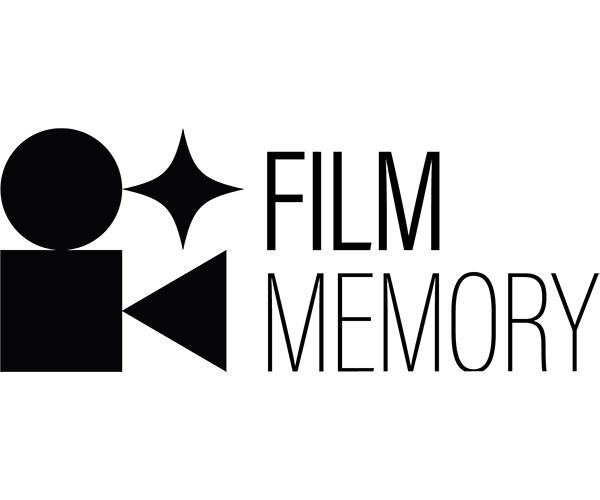FilmMemory
FilmMemory
101127690
01-11-2023 / 31-12-2029
3.648.000,00 €
Erasmus +
Ongoing Projects
Luca School of Arts
Luca School of Arts – C-MINE CAMPUS
Universidade Lusófona – FILM AND MEDIA ARTS DEPARTMENT
IADT - Dun Laoghaire Institute of Art, Design & Technology
Tallinn University

FilmMemory is an Erasmus Mundus Joint Masters (EMJM) that enganges with the study of audio-visual heritage and with the preservation, restoration, recirculation, and utilisation of that heritage in the context of current and evolving screen cultures. The programme partly focuses on working with film stock archives, but also emphasises other contemporary challenges, including the role of digital media, tools, and associated skills, addressing emerging possibilities regarding the scope and dissemination of film heritage material. As a joint master's programme, taught in four countries across Europe, FilmMemory offers a thorough interrogation of the social, political, and industrial diversity of European film cultures. This includes the analysis of historical and contemporary modes of production, distribution and presentation, and the contextualization of filmic material within discourses of reception, critique, and scholarship. Students will explore the ways in which films and documents about film cultures are archived, preserved, restored, re-circulated, re-used and re-constructed. In this programme, “film” is understood- in its broad, expanded sense- to include audio-visual creations that are usually viewed on single screens, whether in cinemas, on television sets, or on computers and mobile devices. It is additionally understood to refer to moving image recordings including, but not limited to, feature-length fiction films, animation, documentary, non-fiction, broadcast material, and series.
A distinctive feature of our programme is that it is jointly delivered by four HEIs (Higher Education Institutions) involved in the European Alliance FilmEU, and supported by several relevant non-educational partners (audio-visual archives, film festivals etc). The HEIs each have a different profile but complement each other in important ways. The HEIs educate filmmakers and practitioners within a pedagogical domain based on the interrelation between documentary, fiction, and animation. They also train film archivists, preservationists, and curators. In doing so, they offer a theoretical and critical exploration of film and the practice of filmmaking, as well as of researching and valorising film cultures, instilling in graduates a broad sense of the historical value and future potentials of screen media. FilmMemory will play a significant role in providing specialists for audio-visual archives, cinemas, festivals, film funds, journals, museums, digital image processing labs, distribution companies, production companies, publishing/press agencies, and government agencies, where this kind of expertise, and associated skill sets, are in increasingly high demand.
Taught entirely in English and combining academic rigor with a practical approach, FilmMemory offers a unique curriculum. For each edition, around twenty-four students from all around the world are accepted. These students will follow a mobility track from Belgium to Portugal, via Ireland and Estonia. In doing so, students are immersed within diverse cultural environments, learning how to make use of their abilities outside their usual social contexts.

